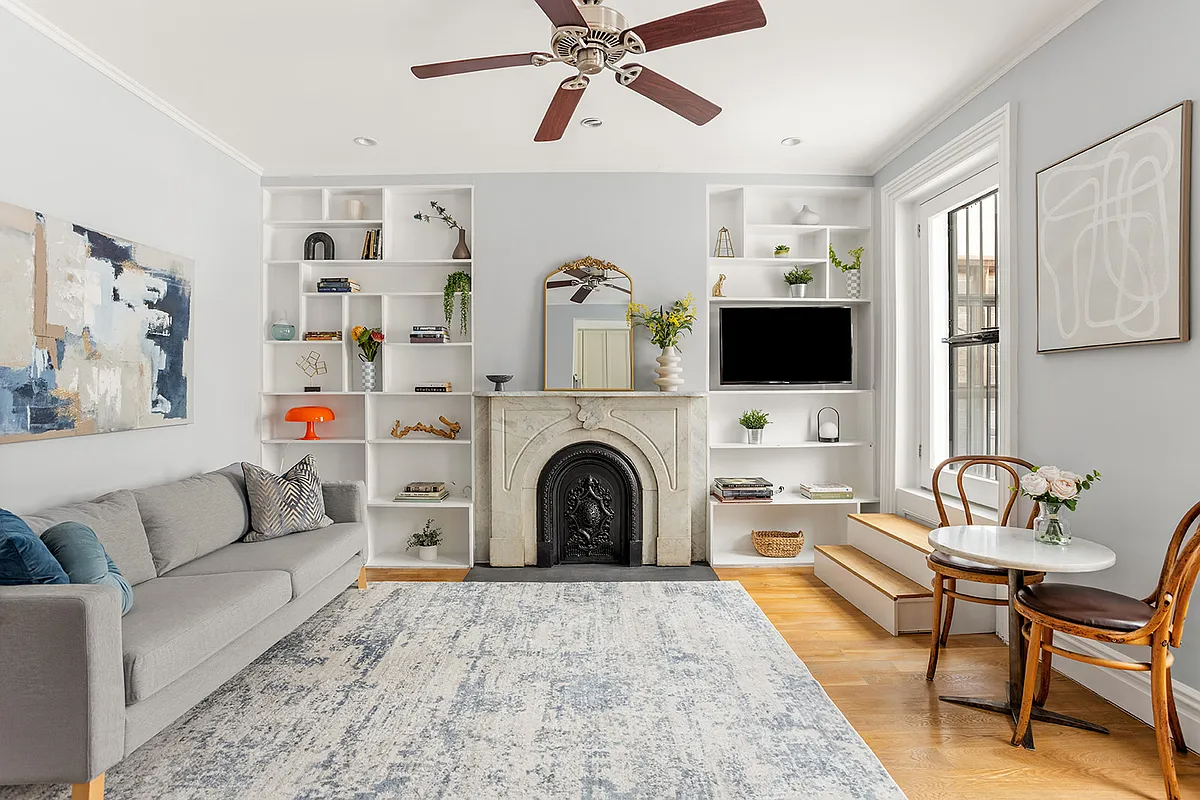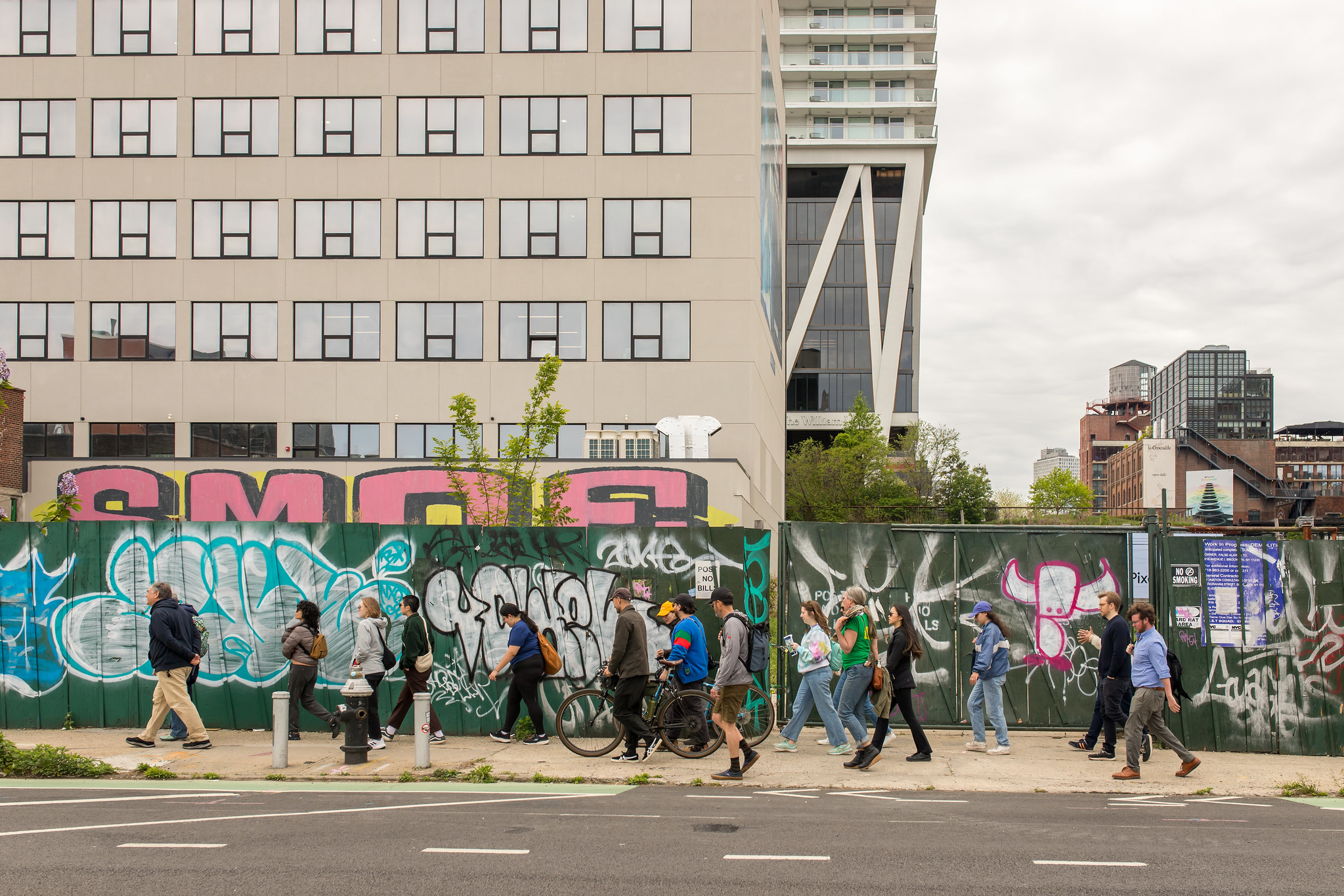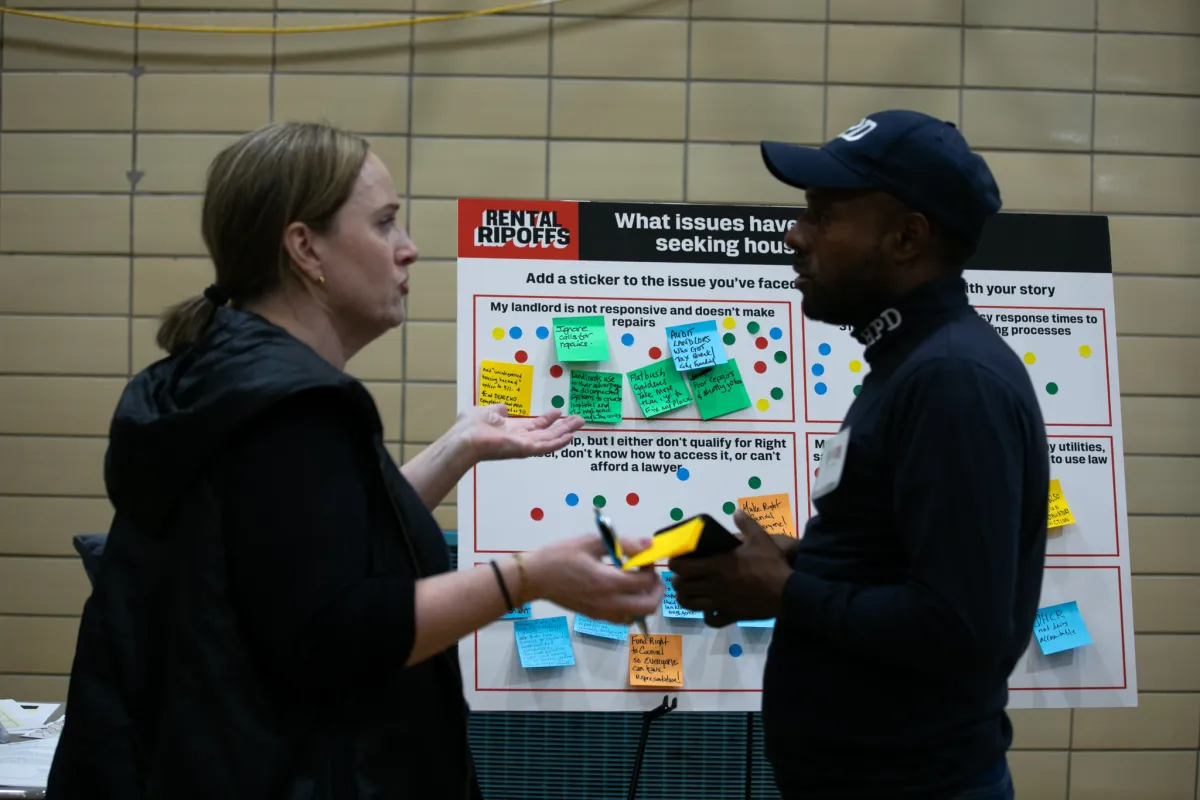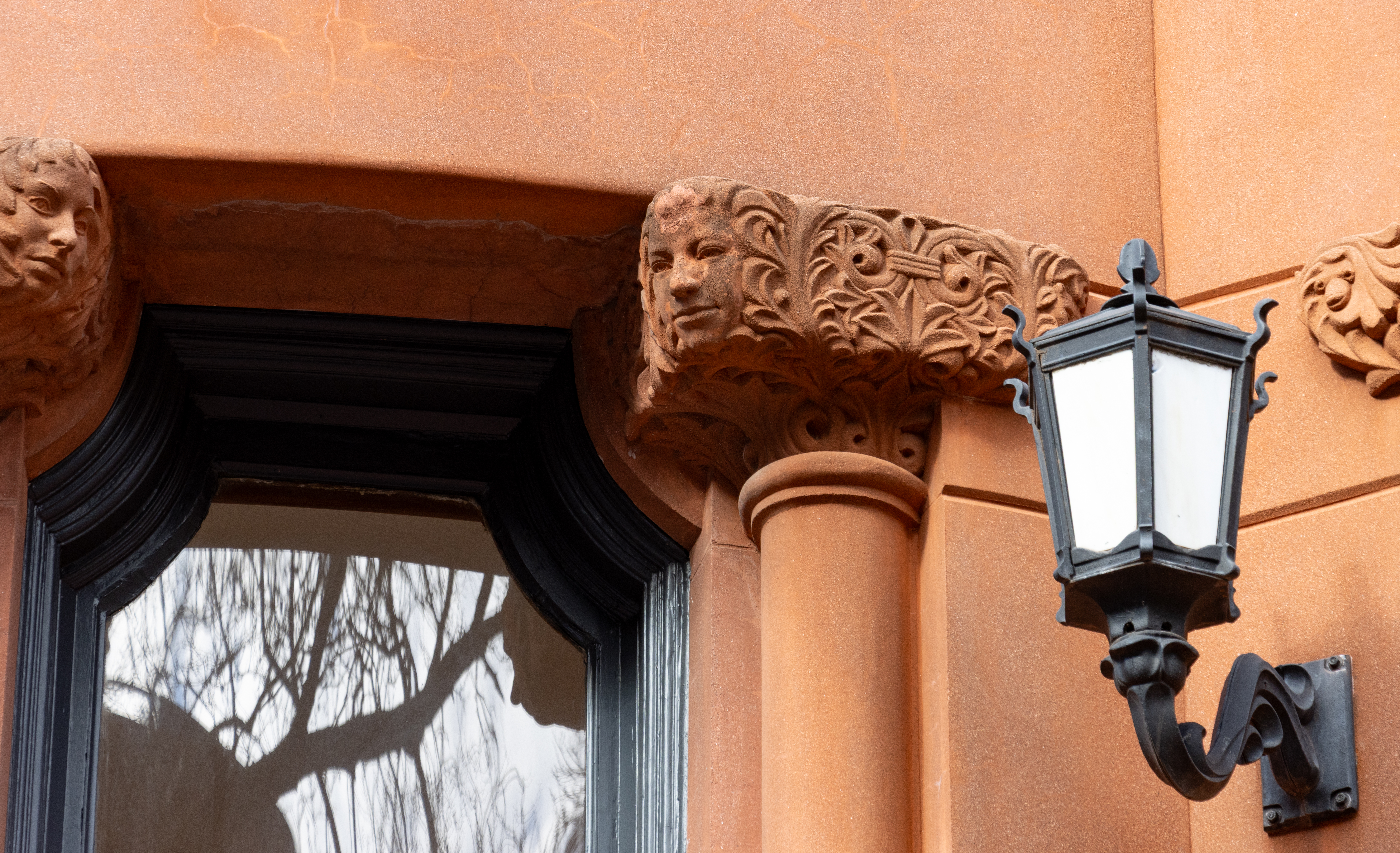New Kosciuszko Bridge Won't Come Cheap
In October, a Department of Transportation panel narrowed the list of potential designs for the new Kosciuszko Bridge down to three finalists, including what The Brooklyn Paper calls the front runner, above. In addition to a new look, the bridge of the future will have nine lanes instead of six (yay!) as well as a…


In October, a Department of Transportation panel narrowed the list of potential designs for the new Kosciuszko Bridge down to three finalists, including what The Brooklyn Paper calls the front runner, above. In addition to a new look, the bridge of the future will have nine lanes instead of six (yay!) as well as a bike and pedestrian lane; the whole thing will be set at less of an incline than the current structure because tall boats no longer go underneath. All this good stuff won’t come cheap though: We’re looking at a $1 billion price tag. Sounds like a lot of dough to us, but apparently that’s what it takes to get bridge builders out of bed these days. For a bridge that is a mile long in New York City, $1 billion is the going rate, said DOT spokesman Adam Levine. The Feds will pay 80% of the freight, leaving the state with the rest. But the state is now talking about slashing its transportation spending, so it remains to be seen of the bridge, over which 160,000 vehicles pass every day, makes the cut.
The Billion-Dollar Bridge! [Brooklyn Paper]





rf:
I hear your frustration. However, if you used the 70 minutes to read and read 20 pages in that hour, you could read 4800 pages in a year. That’s about 19 medium-sized novels a year. If you learned 20 new vocabulary words in another language on each trip, you would have, in a year, a second language vocabulary of 4800 new words.
Now say New York City actually does some work on the transportation system by shuffling some money from fees on private cars to make the trip roomier and more comfortable (maybe even a straight shot on fast buses on dedicated lanes), you’d be able to nap and feel rested enough to do something fun when you got home. The City, if it had the will, probably could fairly easily make most trips significantly faster too with some special planning (though unfortunately you’d have less novels under your belt in a year).
I say we might as well get started gradually doing this type of thing now while we have wiggle room, because it certainly is not going to get easier or less complicated as the years and decades progress.
Agree with denton. And a look at a subway will show very clearly why- the entire system is Manhattan Centric. Try to get from one part of Brooklyn to another- its an exercise in frustration. If you want to talk about how time is money, it makes more economic sense for a working person to own a car than take 2 trains and a bus 2.5 hours each way, everyday to work.
I used to take the bus and train between Bed Stuy and Jackson Heights to and from work. It took about 70 mins. 20-25 mins in the car.
“This will remove the folks that are “borderline” users (i.e., folks that don’t *need* to use them, but do.)”
t6, this is really funny. Do you have any idea how many poor people drive from Brooklyn & Queens to LI every day for mfg jobs? A lot. And I thought you were a friend of the working classes.
Minard, imagine if New York City had one bridge going from Manhattan to Brooklyn and it collapsed. That is like the Bay Bridge. It’s strategic.
I take the Pulaski bridge all the time. Maybe I am in danger of imminent collapse.
Instead of building a whole new bridge for $! billion, why don’t they just sister some joints?
etson – it isnt a “stealth tax” – its a DIRECT tax – drive into the center city and pay….just like an Alchol Tax, Cigarette Tax, Toll or Gas tax -> as for its tangible results – it has the same results as any other tax, it raises money and the higher the tax the more it discourages consumption/use of what is being taxed……
Its really not that complicated, you have to raise revenues – for we (govt) do now, and for the additions that we may want (more mass transit for example) – it seems to me that if you HAVE to raise revenue, better to raise it against things you (society) doesnt want (like driving in center city, excessive consumption or importing fuel from middle east slime balls) then against things you do (like production, and innovation).
There is NOTHING stealth about it – except that politicans dont want to admit that it is a tax (raise revenue)
Guilty as charged, ditto.
“Thank heaven we live in a classless society!”
As a Brit, I always suspected that they didn’t have any class in America.
Actually… If you just build more highway, you’d have to knock down a lot of houses. Then there would be fewer people, so congestion would go down. Right? 🙂